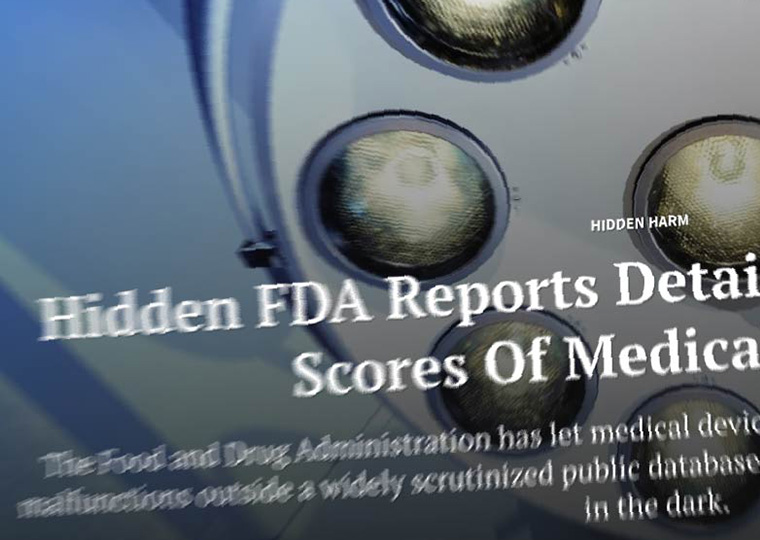BOSTON – Zenocutuzumab (Bizengri), a bispecific antibody that targets human epidermal growth factor receptor 2 (HER2) and HER3, led to responses in more than a third of patients with neuregulin 1 (NRG1)-positive cholangiocarcinoma, according to results from the phase II eNRGy clinical trial presented at the AACR-NCI-EORTC International Conference on Molecular Targets, held October 22-26.
Cholangiocarcinoma, a rare type of cancer diagnosed in about 2,000 to 3,000 people each year in the United States, originates in bile ducts, which are part of a network of tubes inside and outside the liver and which transport bile to the gallbladder and small intestine. Fewer than 1% of cholangiocarcinomas are NRG1-positive, meaning the tumors harbor NRG1 fusion proteins that activate cancer-promoting cellular processes, explained Alison Schram, MD, a medical oncologist at Memorial Sloan Kettering Cancer Center.
“NRG1-positive cholangiocarcinomas are typically aggressive. The most common first-line treatment for advanced cholangiocarcinoma is chemotherapy with immunotherapy, but the disease inevitably progresses,” Schram said. “NRG1-positive tumors usually lack other tumor drivers that might qualify them for approved targeted therapies, and there are very few effective treatments available to these patients after first-line chemoimmunotherapy stops working.”
Zenocutuzumab is a bispecific antibody that targets both HER2 and HER3, which are proteins on the cell surface that regulate cell growth. NRG1 fusion proteins bind to HER3, inducing structural changes to HER3 that facilitate HER2-HER3 complex formation, which activates downstream growth signaling. By targeting both HER2 and HER3, zenocutuzumab is designed to block the formation of the growth-promoting HER2-HER3 complex, as well as the interaction between HER3 and NRG1 that promotes the formation of this complex.
To evaluate the clinical efficacy of zenocutuzumab, Schram and colleagues are participating in the international, phase II eNRGy trial, which has enrolled patients with various NRG1-positive solid tumors. Earlier results from the trial supported the U.S. Food and Drug Administration (FDA) approval of zenocutuzumab in 2024 to treat certain NRG1-positive lung and pancreatic cancers.
The eNRGy trial enrolled 22 patients with advanced, NRG1-positive cholangiocarcinoma who had received or were ineligible for prior treatment. The median age of these patients was 57 years, and 91% of patients had received prior systemic therapy.
Here, Schram presented results from 19 patients with NRG1-positive cholangiocarcinoma who were included in the efficacy analyses. After a median follow-up time of 15.2 months, seven of these patients had experienced a partial response to zenocutuzumab, for an overall response rate of 37%. Responses lasted a median of 7.4 months, the median progression-free survival was 9.2 months, and median overall survival had not been reached at the time of data cutoff.
Among 16 patients whose blood concentration of the cancer antigen 19-9 (CA19-9, a cancer biomarker for cholangiocarcinoma) was measured before and after treatment, all 16 experienced declines in CA19-9 levels, including 11 patients who experienced declines of at least 50%.
Declines in cancer biomarkers, such as CA19-9, serve as useful adjuncts to support the anticancer activity of the therapy, Schram noted.
Most adverse events were grade 1 or 2. The most common grade 3 or 4 adverse events were anemia, low levels of magnesium, and increased levels of gamma-glutamyl transferase.
“These data suggest that the benefit of zenocutuzumab extends beyond the FDA-approved indications of lung and pancreatic cancer to cholangiocarcinoma,” said Schram. “Zenocutuzumab is a potential new treatment for patients with NRG1-positive cholangiocarcinoma, which is a patient population that has significant unmet need.”
A limitation of the study was the small sample size. However, Schram noted, “It is challenging to conduct clinical trials for rare cancer types and for tumors driven by rare genomic alterations like NRG1 fusions, but it is not sufficient to extrapolate from tumors with different molecular characteristics. It is increasingly evident that tumors driven by rare genomic alterations have distinct biology and respond differently to standard therapies.”
The study was supported by Merus and Partner Therapeutics. Schram has served on the advisory boards of Relay Therapeutics, Mersana Therapeutics, Merus, Partner Therapeutics, PMV Pharma, Schrodinger, Repare Therapeutics, Revolution Medicines, Endeavor BioMedicines, Day One Biopharmaceuticals, TransCode Therapeutics, and Guardant Health; has consulted for Blueprint Bio, Flagship Pioneering, Redona Therapeutics, Pro Clinical Solutions, and Guidepoint; has served on steering committees for Merus, Pfizer, and Relay Therapeutics; has had speaking roles for Ovarian Cancer Research Alliance and STOP Cancer; has received research funding to her institution from AstraZeneca, ArQule/Merck, BeiGene/SpringWorks, Black Diamond Therapeutics, Boehringer Ingelheim, Elevation Oncology/Concentra Biosciences, Kura Oncology, Lilly, Merus, Northern Biologics, Partner Therapeutics, Pfizer, Pheon Therapeutics, PMV Pharma, Relay Therapeutics, Repare Therapeutics, Revolution Medicines, and Surface Oncology/Coherus Oncology; has received food and beverage from Puma Biotechnology, Repare Therapeutics, and Boehringer Ingelheim; and continuing medical education from WebMD.
Download a photo Schram








